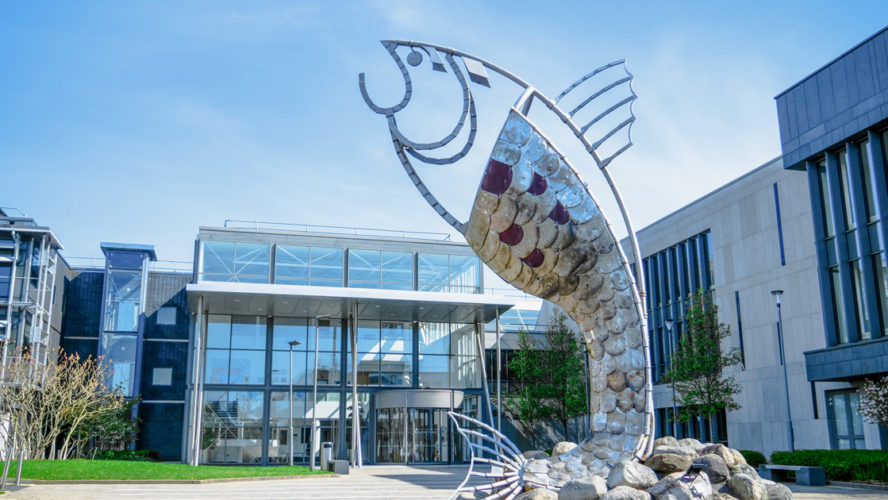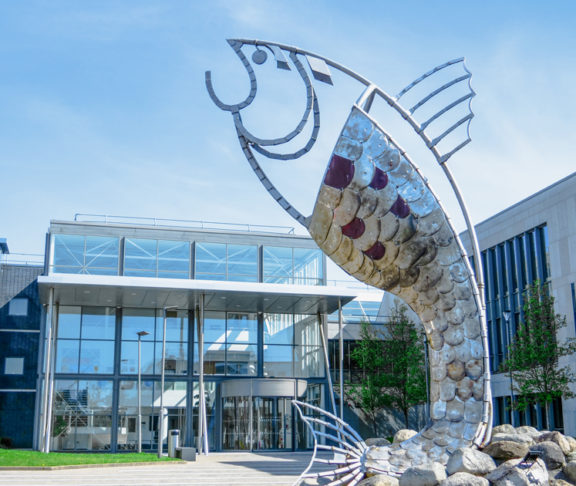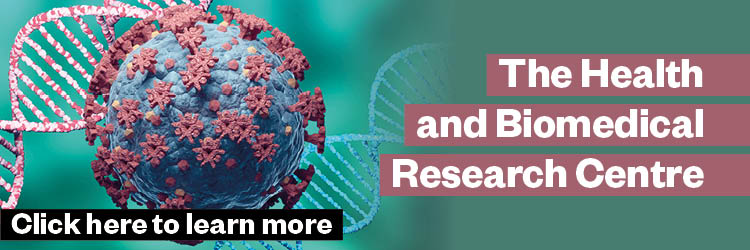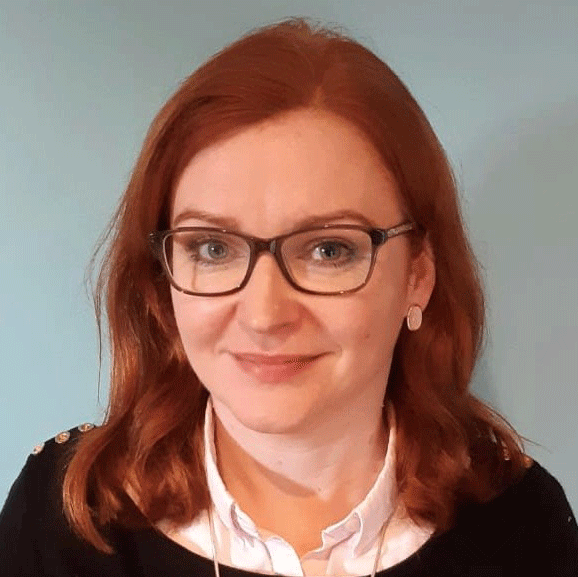
Dr Richéal Burns
Associate Director of the Health and Biomedical Strategic Research Centre, Programme Chair of the Health and Medical Information Science Programme, IT Sligo
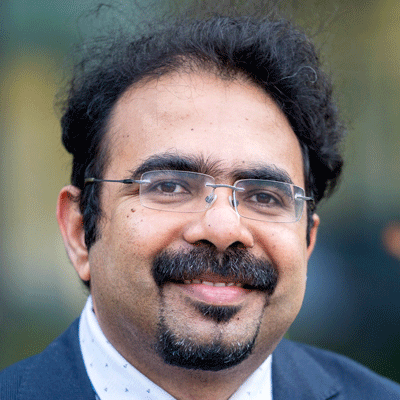
Professor Suresh C. Pillai
Director, Health and Biomedical Strategic Research Centre, IT Sligo
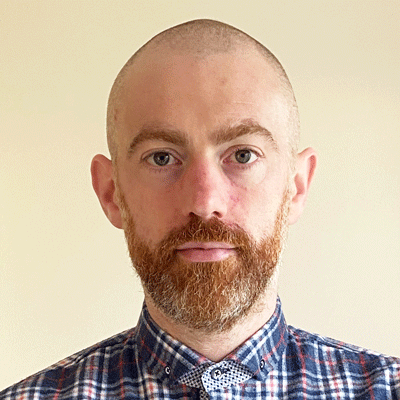
Dr Konrad Mulrennan
Associate Director for Digital Health Technologies, Health And Biomedical Strategic Research Centre, IT Sligo
A more flexible approach to third level education, along with industry and public access to high-quality evidence-based research, will be key to the transformation of Ireland’s healthcare system.
Currently, Ireland’s fragmented healthcare system is under reform. Yet for real change to occur, two key challenges must be solved. Firstly, crucial skills gaps must be filled in areas such as health and medical information science to facilitate the digital transformation of the sector. Secondly, high quality, evidence-based research is required to support the changing landscape of healthcare innovation, delivery and outcomes.
IT Sligo, who will join with LYIT and GMIT, and become Atlantic Technological University on April 1st 2022, a third level education institute, is on a mission to address both of these issues. By addressing the skills deficit, it has developed a number of full-time and part-time online undergraduate courses giving students more learning flexibility. This includes the pilot of a full-time online, three-year Level 7 degree in Health and Medical Information Science, funded by the Higher Education for All initiative, developed in partnership with IT Sligo, the Mayo, Sligo and Leitrim Education and Training Board (ETB), Donegal ETB, Disability Federation of Ireland and Family Carers Ireland.
Online learning promoting Higher Education for All
“It is vital that we address the problem of social exclusion in third level education,” stresses Dr Richéal Burns, Programme Chair of the Health and Medical Information Science Programme at IT Sligo. “Being physically unable to attend campus — because of disability, mental health issues, caring responsibilities or geographical reasons, for example — is a huge barrier to education. When models of learning incorporate live lectures and practical’s delivered online, students can more flexibly acquire sought after skills and qualifications, which the healthcare sector is crying out for.” The University also provides collaborative degree programmes such as the BSc (Hons) in Biomedical Science with the University of Ulster offering flexible options for specialisation and awards.
It’s not just school-leavers who are taking advantage of these flexible educational programmes. A large cohort of the IT online part-time students are industry-based, working for public sector, medtech and pharmaceutical companies. The courses they are studying will help them upskill and progress in their careers.
Apart from upskilling individuals, the HEAL Centre will serve as a point of contact for healthcare research within the region.
Training the researchers of tomorrow
Focusing on developing the research capacity, Dr Burns notes that training “the researchers of tomorrow” is key to Ireland’s healthcare transformation. This is one of the aims of IT Sligo’s Health and Biomedical (HEAL) Strategic Research Centre, which launches this month and features a wide spectrum of expertise across four main research pillars: population health and clinical research; biomedical research; digital health technologies; and health analytics, evaluation and policy.
“These four pillars have been identified as the future of multi-disciplinary research in north-west Ireland,” explains Professor Suresh C. Pillai, Director of the Health and Biomedical Strategic Research Centre, IT, Sligo. “Apart from upskilling individuals, the HEAL Centre will serve as a point of contact for healthcare research within the region, supporting biomedical and health-related companies with their innovation strategies. HEAL will also continue to strengthen and further develop collaborations and partnerships with industries.”
Collaborating with industry
The HEAL Centre’s current research projects include developing digital technologies to assist persons with Type 1 diabetes with more efficient self-management, the development of wearable devices for better healthcare monitoring, the use of nanotechnology to improve access to clean water and the design of a self-management programme to support people living with a brain tumour.
“All these ongoing projects, and others like them, will now emanate from the HEAL Strategic Research Centre,” says Dr Konrad Mulrennan, Associate Director for Digital Health Technologies, Health and Biomedical Strategic Research Centre, at IT Sligo. “We have more than 20 research-active principal investigators — but they don’t just collaborate with industry. They also work with public services, charity organisations and NGOs across the healthcare sector, nationally and internationally. The range of expertise, and the integrative and collaborative ethos of HEAL will provide more effective support to Ireland’s future healthcare system going forward.”
